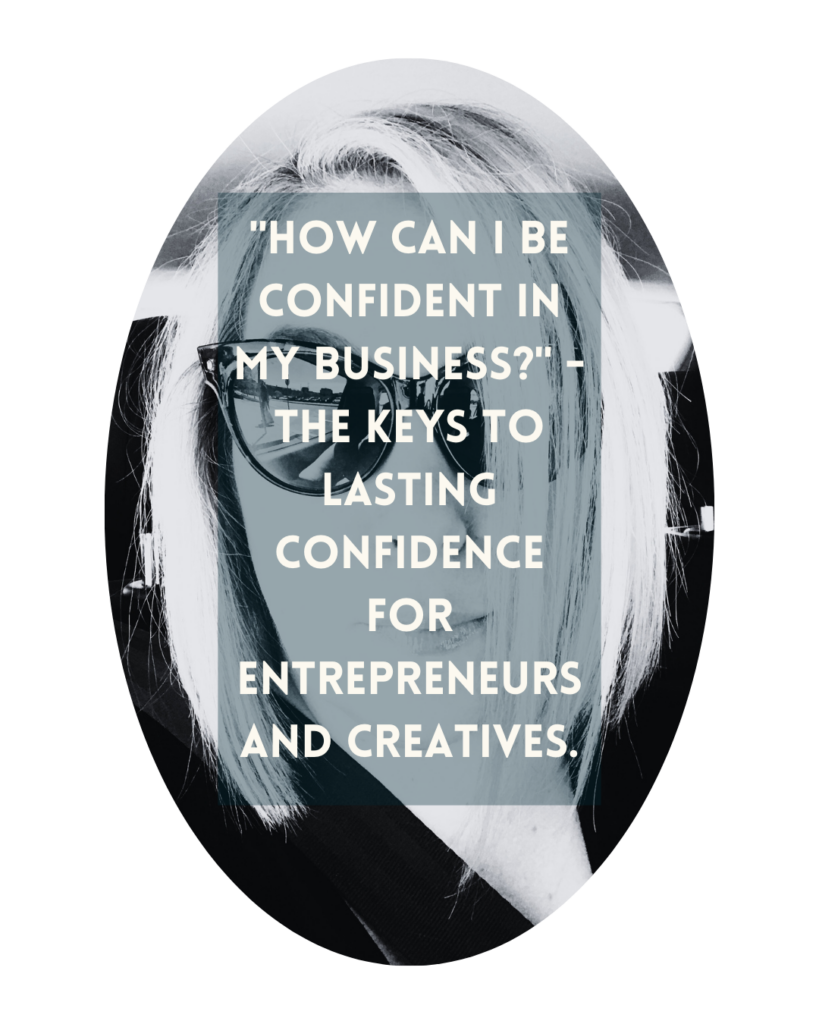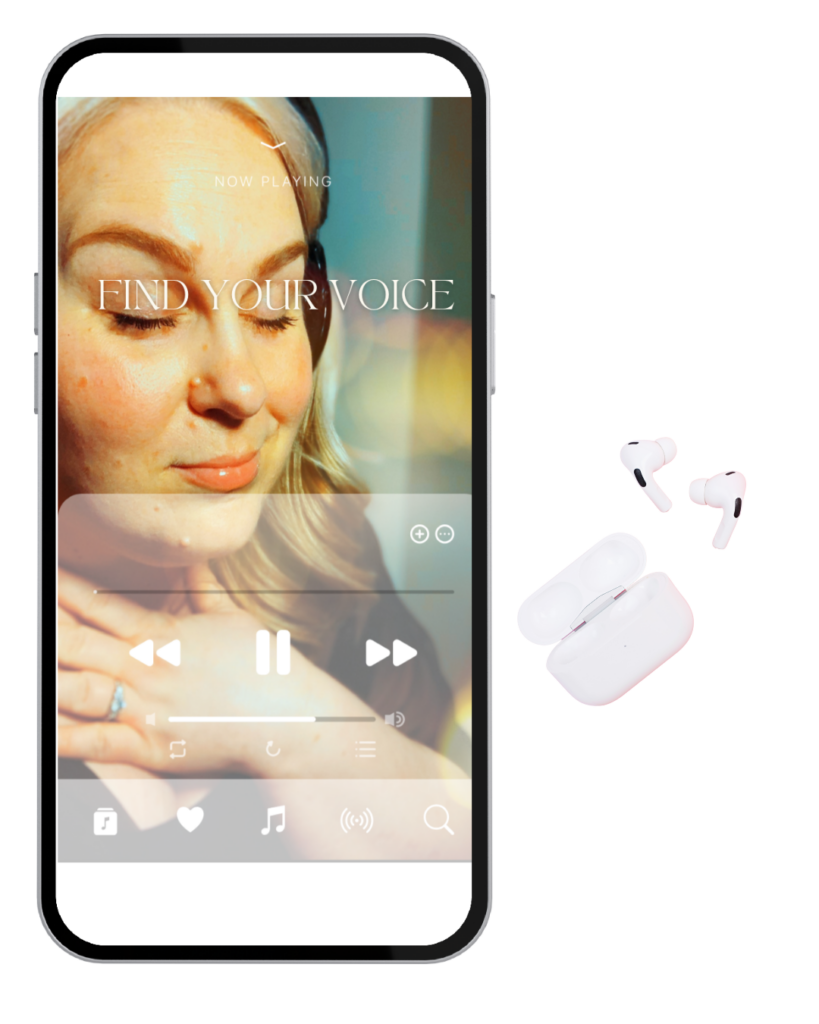© - Content and images in this blog are copyright Elise Besler of EB Voice Empowerment, unless stated otherwise. Feel free to repost or share images for non-commercial purpose, but please make sure to link back to this website and its original post.
℗ - We do not store any information about your visit to our website other than for analytics and optimization for content and reading experience through the use of cookies.
℅ - Our site does at times contain paid advertisements, sponsored content, and/or affiliate links.
Reader Etiquette
I'm your go-to expert for helping to ditch the fear and own your voice. Whether you’re speaking, singing, or setting boundaries, I help you go beyond technique -rewiring your nervous system so full expression feels natural, effortless, and so you.
Hi! I'm Elise Besler - Voice Coach & Somatic practitioner
February 25, 2025

Confidence in business isn’t just about mindset—it’s about feeling safe enough to be seen, set boundaries, and use your voice. For entrepreneurs and creatives, confidence often means navigating visibility, self-doubt, and external expectations while building something deeply personal.
If you’ve ever struggled with fear of judgment, imposter syndrome, or speaking up for yourself, you’re not alone. In this post, we’ll explore how to build confidence in your business by working with your nervous system—not against it.
Why Confidence in Business Feels So Hard
Confidence isn’t about forcing yourself to be fearless. It’s about creating safety in your body so that showing up, setting boundaries, and speaking your truth feel more natural.
As a creative or entrepreneur, confidence can be challenging because: 


Understanding how your nervous system reacts to these challenges can help you build confidence from the inside out.
1. Confidence Through Visibility: Feeling Safe to Be Seen
Showing up online, in meetings, or on stage can trigger a fight-flight-freeze-fawn response, especially if being visible once felt unsafe. If you struggle with:



…your nervous system is protecting you from perceived danger.
 How to Create Safety in Visibility:
How to Create Safety in Visibility:



2. Confidence Through Boundaries: Protecting Your Energy & Creativity
Without boundaries, burnout is inevitable. Many entrepreneurs feel pressure to always be available, say yes to everything, and overdeliver. But confidence grows when you:



 How to Set Boundaries That Support Confidence:
How to Set Boundaries That Support Confidence:



Your nervous system needs consistency to feel safe. The more you hold boundaries, the more confidence you build.
3. Confidence Through Speaking Up: Owning Your Voice in Business
Whether it’s pitching a client, negotiating rates, or sharing your ideas, using your voice is a confidence practice. If you struggle with:



…your nervous system may associate speaking up with risk.
 How to Build Confidence in Speaking Up:
How to Build Confidence in Speaking Up:




Confidence in your voice grows when your nervous system learns it’s safe to express your truth.
Final Thoughts: Confidence Is a Nervous System Practice
Confidence isn’t about eliminating fear—it’s about building trust in yourself to handle the discomfort of growth. By working with your nervous system, you can: 


Confidence is an embodied practice. The more you create safety in visibility, boundaries, and self-expression, the more natural confidence becomes.
If this resonated with you, what’s one small way you can build confidence today? Let me know in the comments!
— If you’ve ever struggled to speak up, felt your voice shake in high-stakes moments, or questioned if your words truly mattered, this practice is for you! —
Click HERE for immediate access to the FREE “Find Your Voice” Guided Audio Training.
Take 11 minutes to activate the power of your voice with this guided practice. Includes: Grounding, breath-work and voice-work exercises to help you regulate your nervous system and build a confident voice.

Leave a Reply Cancel reply
Grab
THE "Find YOUR VOICE" AUDIO TRAINING
Welcome, Friend! Around here, we believe that embodiment is sacred, and that every voice deserves to take up space.
This is a space rooted in anti-racism, body liberation, queer-affirming practices, and a commitment to trauma-aware, nervous system-informed growth.